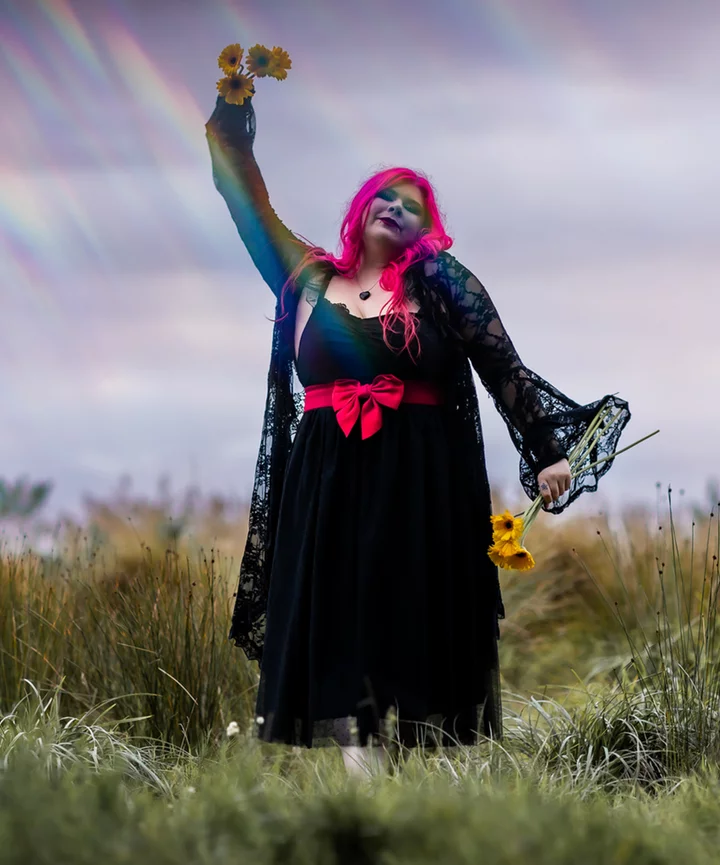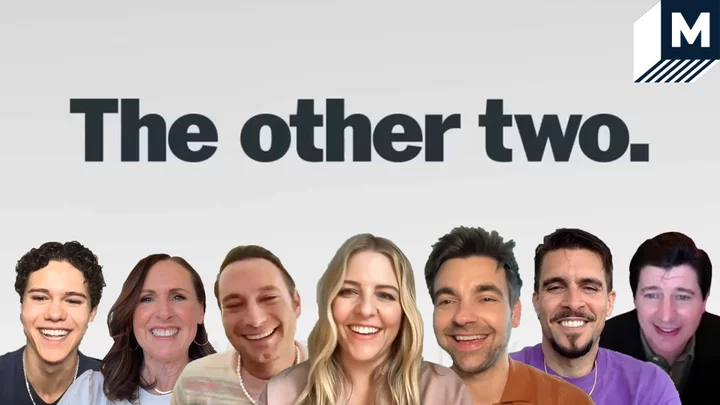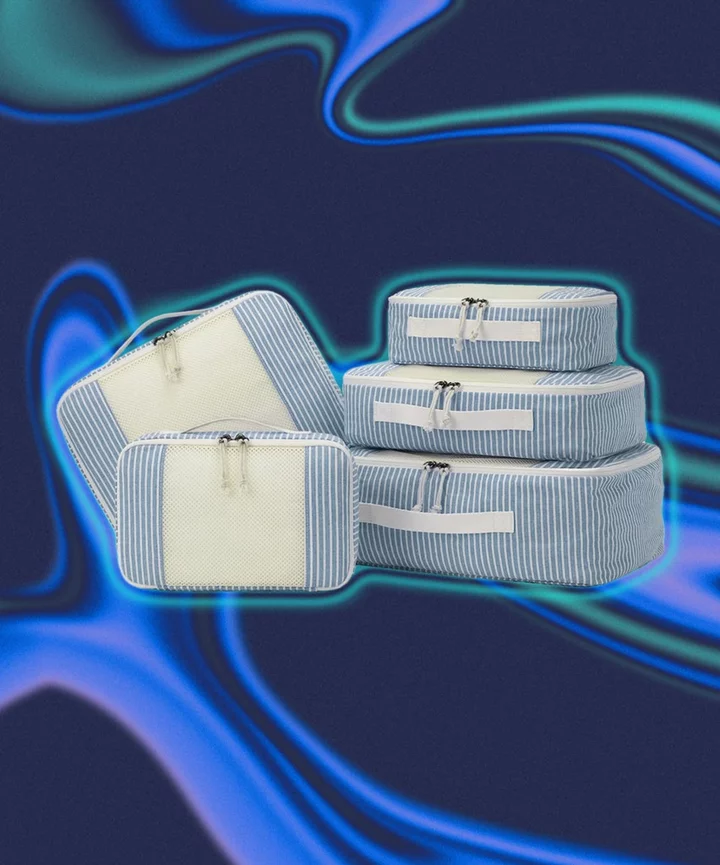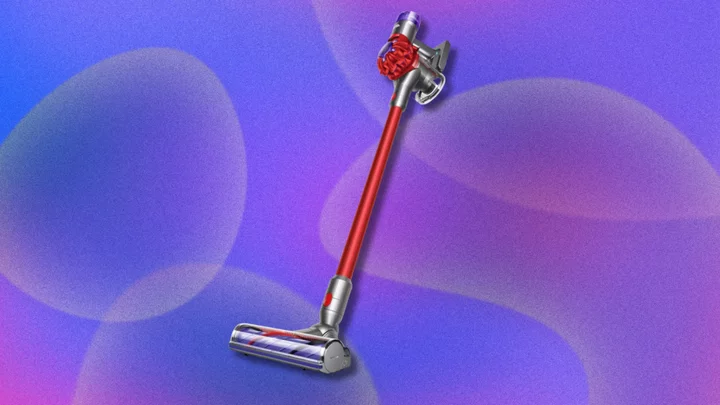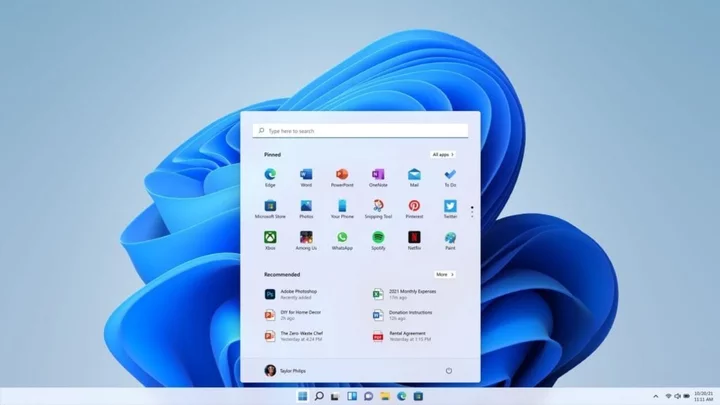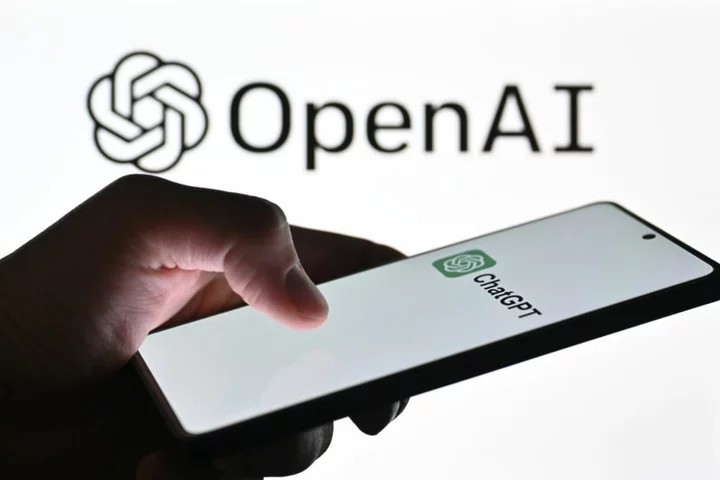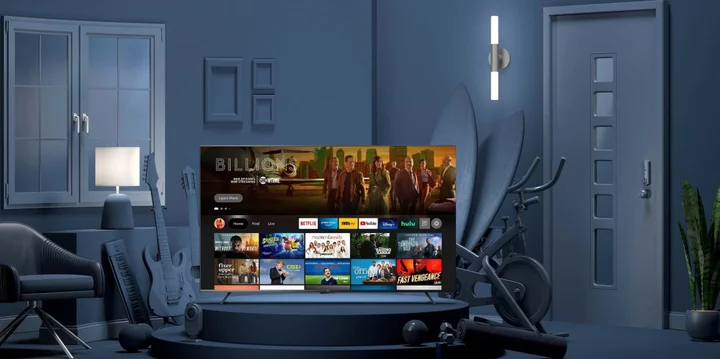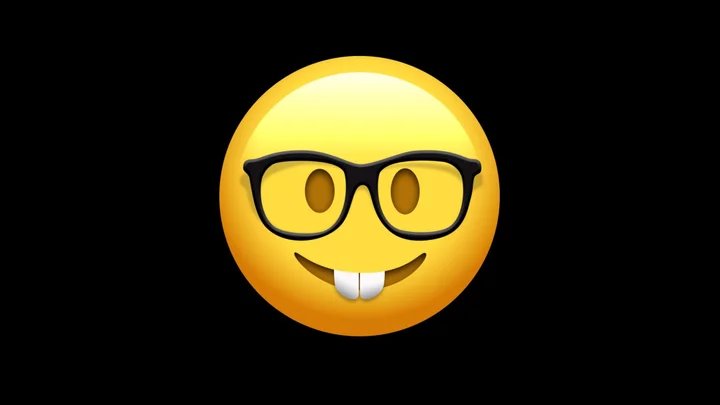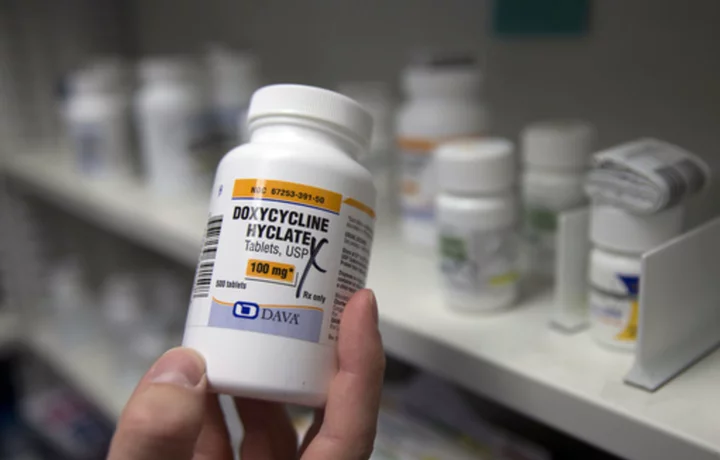I’ve been autistic my whole life, but I didn’t know it until late last year.
Truthfully, I went through most of my life never even thinking about autism, because, as a woman, I never saw myself represented in autistic stories.
It wasn’t until my mid-20s (when I began to get involved with disability advocacy) that I heard women talking about their autistic experiences, and how autism is often missed in women, and gender-diverse and non-binary people.
I began to fall down a rabbit hole of research, which I later discovered is a very autistic thing to do. I wanted to know everything I could about it, particularly the often unseen perspectives of women. The more I read, the more I saw myself in their stories. I wondered if the meltdowns they described were the same as the ones I had experienced. I wondered if my aversion to certain textures, scratchy fabrics, and uncomfortable seams and tags on clothes, as well as my difficulties with light and noise, were the same as their sensory issues. I wondered if I too had simply been masking my entire life and not realized it.
I’ll admit, I felt like an imposter for a long time. I felt like I couldn’t be autistic, because surely, someone would have noticed it by now. I gaslit myself, dismissing my experiences, thinking it must just be in my head. But a persistent little voice inside me kept asking: what if?
If I’m being honest, I’ve always felt different. I didn’t quite fit in and felt as though the world was too overwhelming — too bright, too loud, and too confusing — with social cues and expectations that just didn’t make sense. But I convinced myself that everyone must feel like that.
I convinced myself that I couldn’t be autistic because I could make eye contact. I convinced myself I couldn’t be autistic because I didn’t feel like I behaved inappropriately in social situations. I made sure of it. For decades, I watched my peers like a hawk, mimicking their responses, body movements, and facial expressions to determine the correct way to behave, and used scripts in my mind to say the right words. I convinced myself I couldn’t be autistic because my interests didn’t feel restricted — just intense. And I was good at communication. So good that I made an entire journalism career out of it.
I didn’t realize I was masking or hiding. And every time I recognized another autistic trait, I’d tell myself it was a coincidence or anxious overthinking.
For the most part, I kept my thoughts about my potential neurodivergence to myself. I was already going through health battles; fighting to be believed about my chronic pain and fatigue, and applying for the National Disability Insurance Scheme (NDIS) in Australia to get these issues addressed. I didn’t need another thing to fight the healthcare system for.
Because when you’re a woman and/or have a uterus, it’s often hard to be heard. We’re so often dismissed, and we can’t help but internalize it, especially when we live in an ableist society that sees differences as a bad thing. A world where we’re taught to make ourselves small. To fit in. To follow the rules. To conform, and fit inside non-disabled boxes, taking up as little space as possible. We’re also taught that labeling ourselves as different is a bad thing.
But it’s not.
Labels aren’t the problem: it’s the stigma and lack of acceptance and understanding of those labels that are the problem.
I’ll admit, I felt like an imposter for a long time. I felt like I couldn’t be autistic, because surely, someone would have noticed it by now.
zoe simmonsAs a late-diagnosed adult, I can tell you that an autism diagnosis would have been life-changing for me, in all the best ways. Sure, flying under the radar and cosplaying as a neurotypical person granted me certain privileges. I wasn’t bullied and excluded because they knew I was autistic. However, I was still bullied and excluded, experiencing the same barriers many neurodivergent people face. I just didn’t know it.
I mean, how was I supposed to know, when we as a society don’t really talk about autism? And when we do, it’s generally stories of tragedy and stigma, or judging the validity of someone’s autism because they don’t look or behave a particular way. Even most information online about autism is shrouded in shame, with negative language and the belief that we need to be changed.
Autism isn’t a bad thing: it’s a beautiful thing. And my diagnosis after regularly seeing a psychologist has changed my life because, finally, I understand. It feels like everything makes sense, especially when I look back at my childhood and teenage years, and realize why certain things were so hard for me. It’s an enormous relief. I wasn’t too much. I wasn’t too sensitive. I wasn’t too weak. I wasn’t overreacting. I was just different, and that isn’t a bad thing.
It feels like such a gift to understand myself in this way and discover new ways to look after myself and prioritize my well-being. I’ve started using tools to help me manage when entering overwhelming environments. I’ve explored what textures make me feel safe. I’ve stopped suppressing my stimming, and even use sensory toys — though I do often get stares for being an adult and using what appears to be a child’s toy. I make sure to rest, especially after social situations, to avoid burnout. I set boundaries. I communicate what works best for me, which often includes non-speaking methods. I tell myself that it’s okay to not always know what to say. And I make sure my access needs are met — for my autism, and for my other invisible disabilities.
Because of my diagnosis, I’m also hopefully going to be able to access neuro-affirming support for the first time in my life — which is exciting. That is, being supported by people who understand that autism isn’t a bad thing and I don’t need to change to fit inside neurotypical boxes.
So many people go through their entire lives not knowing they’re autistic. I feel so grateful I know now — because it’s also helped me to love myself more. It’s helped me connect with the online autistic community, which is absolutely wonderful. Finally, I feel like I belong, because I’ve found my people.
And somewhere along the way, I also found myself.
Zoe Simmons is an award-winning disabled journalist, copywriter, author, speaker, and advocate. She believes words can change the world — and she candidly shares her experiences with disability to smash stigma, create change, and help others know they aren’t alone.

